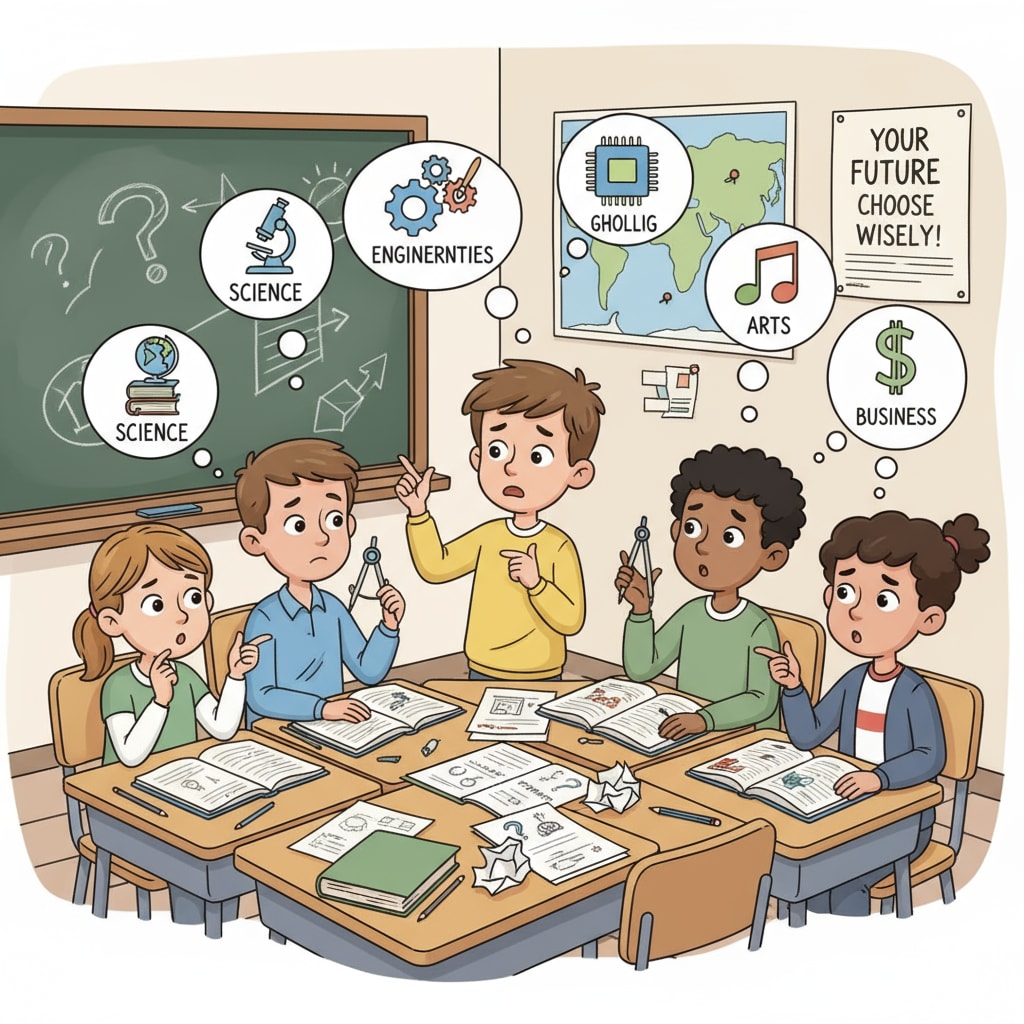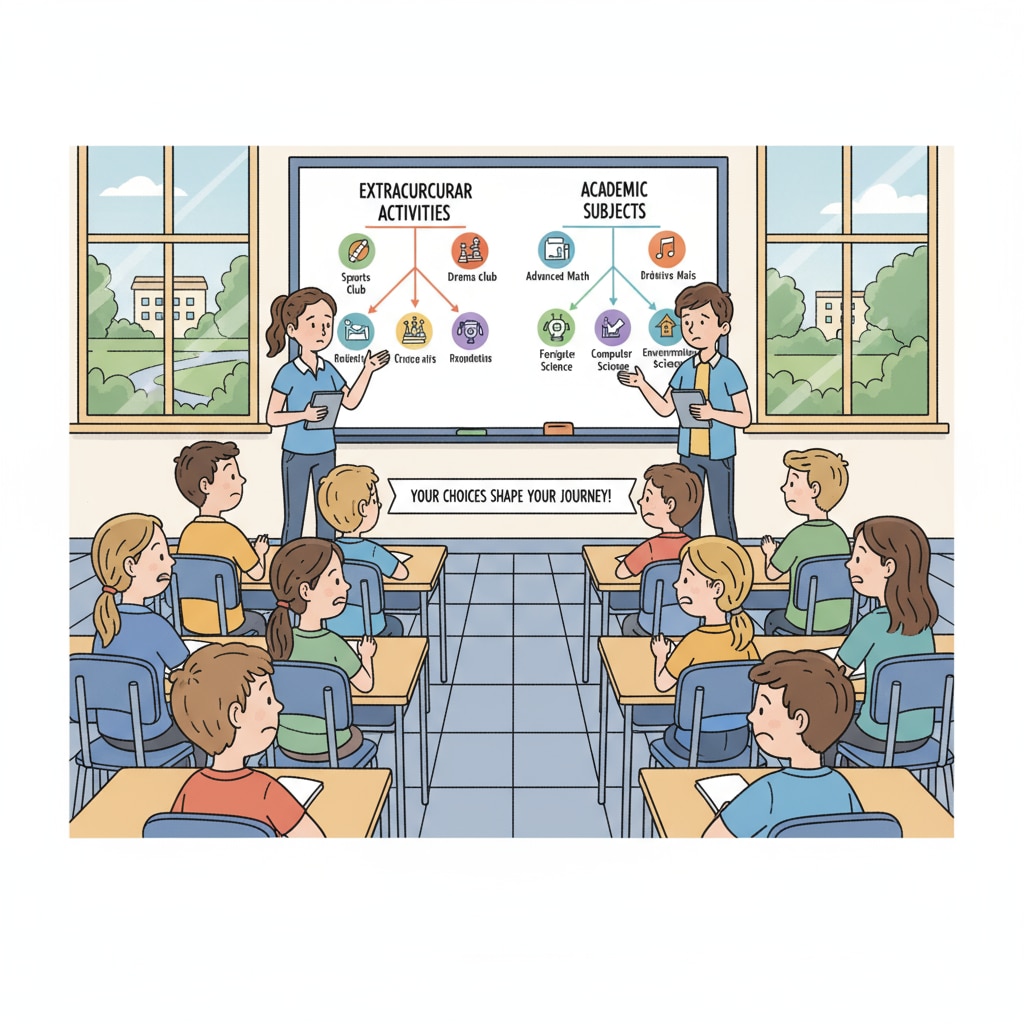In the realm of education, the concepts of educational purpose, social pressure, and conformity psychology play pivotal roles. Nowhere is this more evident than in the K12 stage, where students often find themselves at a crossroads. The choices they make during this period are frequently swayed by external forces, leading to a significant disconnect from their true life goals.

The Influence of Social Pressure
Social pressure is a powerful force that shapes students’ educational decisions. Parents, peers, and society at large often have certain expectations. For example, the pressure to pursue high-paying careers like medicine or law is immense. As a result, many students choose subjects or paths that may not align with their passions. According to Britannica’s Education section, this external influence can cloud students’ judgment and make them prioritize societal approval over personal fulfillment.
The Role of Conformity Psychology
Conformity psychology also contributes to this disconnection. Students, especially in their formative years, tend to follow the crowd. They see their friends choosing certain extracurricular activities or academic streams and feel compelled to do the same. This herd mentality can prevent them from exploring their unique interests. As Wikipedia’s Conformity page explains, conformity can limit individual growth and self-discovery.

The roots of this disconnection are deep-seated. Our society often equates success with material achievements, which filters down to the educational system. This narrow view of success fails to recognize the diverse talents and aspirations of students. Moreover, the lack of proper career guidance and self-awareness programs in schools means that students are ill-equipped to make informed decisions.
The consequences of this disconnection are far-reaching. Students may end up in careers they dislike, leading to a lack of job satisfaction and overall unhappiness. In addition, this can stifle creativity and innovation as individuals are not allowed to pursue their true passions. It is high time that parents, educators, and students themselves reflect on the true purpose of education.
Readability guidance: By understanding the role of social pressure and conformity psychology, we can work towards a more student-centric education. This involves providing better career counseling, promoting self-exploration, and redefining success in a more inclusive way. Only then can we bridge the gap between educational choices and true life goals.


